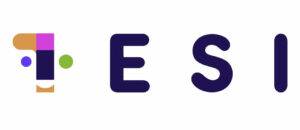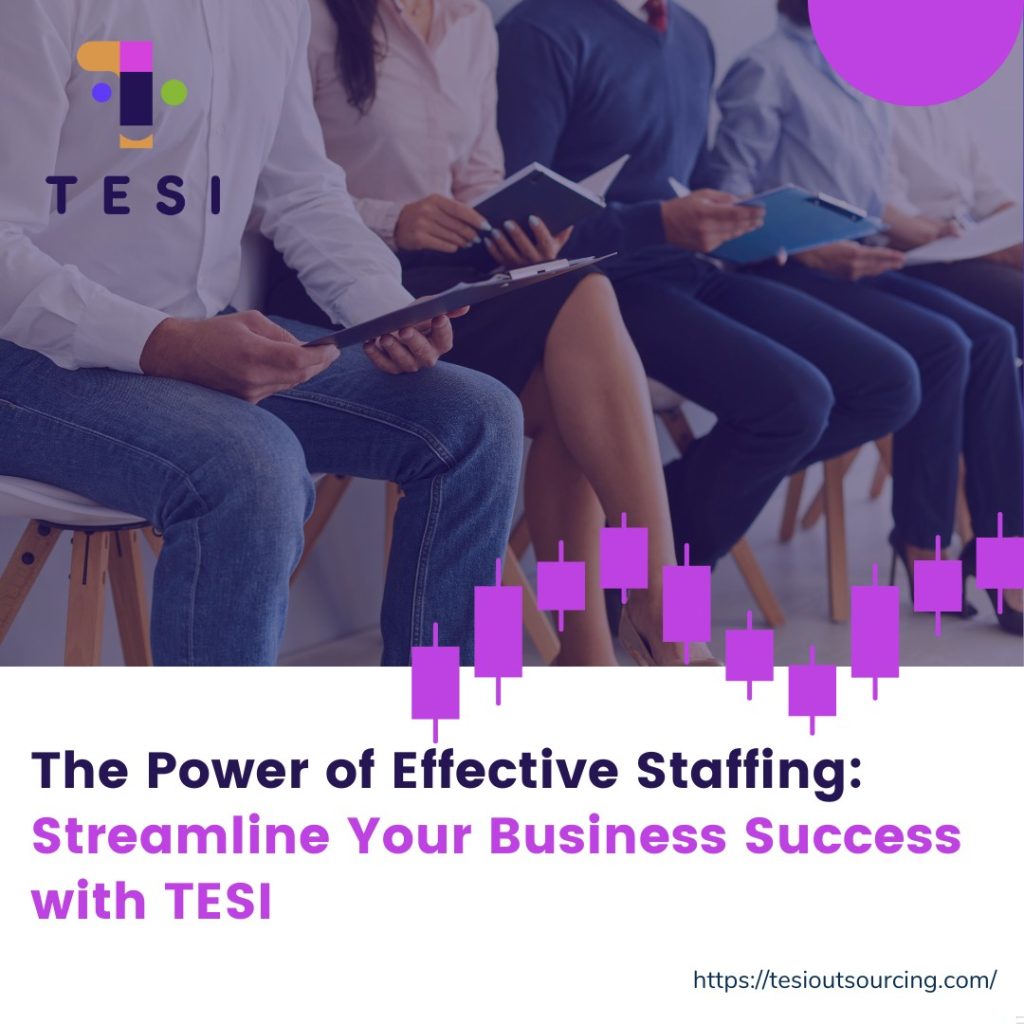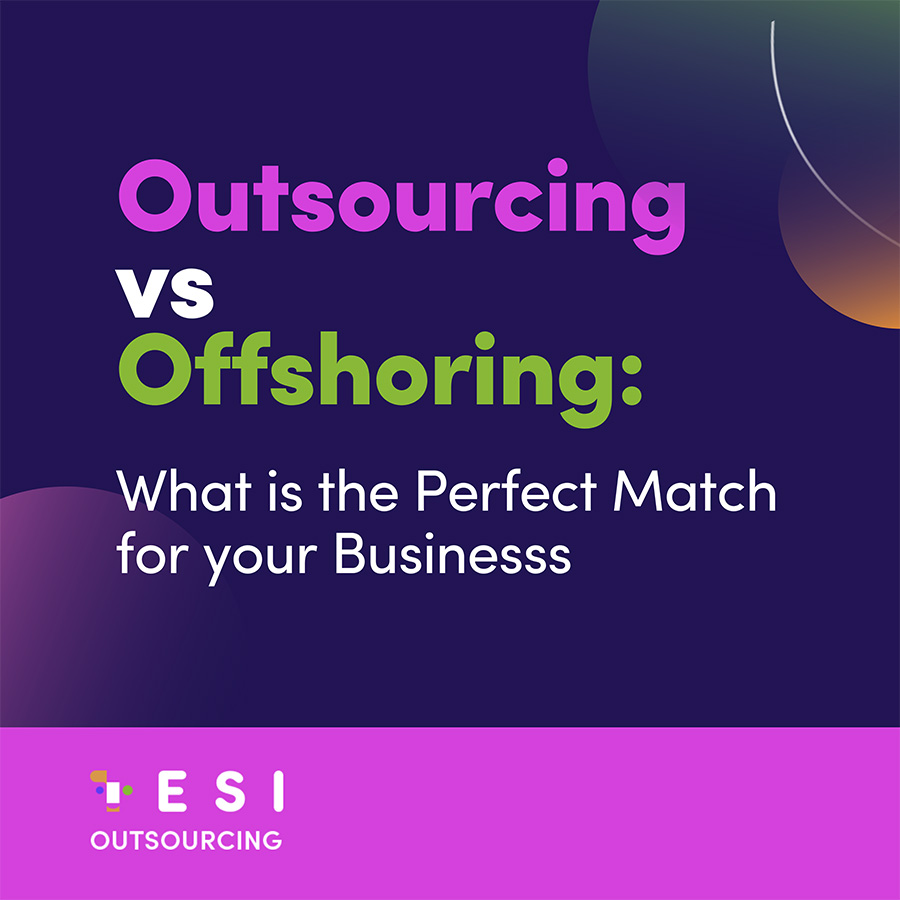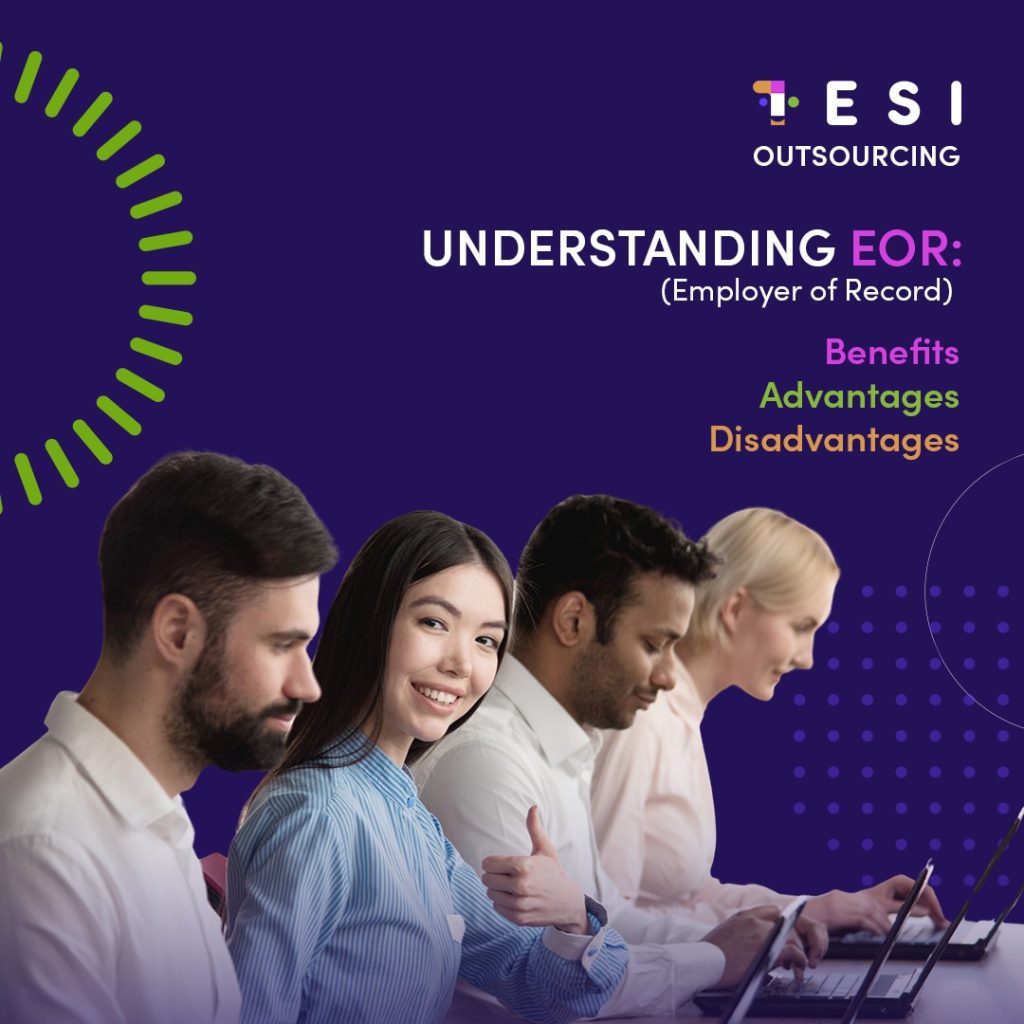Introduction:
In the dynamic landscape of modern employment, businesses are constantly seeking efficient ways to manage their workforce. One solution that has gained prominence is the concept of Employer of Record (EOR) or Professional Employer Organization (PEO). In this blog, we’ll delve into what EOR is, explore its benefits, and weigh the pros and cons associated with this approach.
What is EOR?
Employer of Record (EOR) refers to a contractual arrangement where a company outsources various employer responsibilities to a third-party entity. This third party, often known as a Professional Employer Organization (PEO), takes on tasks such as payroll processing, benefits administration, and HR management on behalf of the client company. This allows businesses to focus on their core operations while ensuring compliance with employment regulations.
Benefits of EOR:
Cost Savings:
Outsourcing HR functions can lead to significant cost savings, as businesses can avoid investing in dedicated HR staff and systems.
Compliance and Risk Management:
EORs are well-versed in employment laws and regulations, ensuring that businesses remain compliant and reducing the risk of legal issues.
Access to Expertise:
Companies can leverage the expertise of the EOR to handle complex HR tasks, including payroll taxes, benefits administration, and employee relations.
Focus on Core Competencies:
By offloading administrative tasks to an EOR, companies can concentrate on their core business activities, fostering growth and innovation.
Employee Benefits:
EORs often provide access to comprehensive benefits packages, helping businesses attract and retain top talent.
Pros and Cons of EOR:
Pros:
Efficiency:
EORs streamline HR processes, leading to increased efficiency and reduced administrative burden for client companies.
Risk Mitigation:
With expertise in compliance, EORs help mitigate legal and regulatory risks, allowing businesses to operate with confidence.
Scalability:
EORs offer scalability, enabling companies to adapt quickly to changes in workforce size without the need for extensive restructuring.
Cons:
Loss of Control:
Some companies may perceive a loss of control over HR functions when outsourcing to an EOR, as the third party assumes certain responsibilities. However, at TESI Outsourcing, we prioritize collaboration and transparency, ensuring that our clients retain control over critical aspects of their HR operations.
Upfront Costs:
While long-term cost savings are achievable, there may be initial expenses associated with onboarding and establishing a relationship with an EOR. Nevertheless, at TESI, we strive to provide seamless onboarding experiences without upfront costs, particularly for remote engagements.
Limited Customization:
EOR services may be offered in pre-packaged bundles, potentially limiting the ability of companies to customize HR solutions to meet their specific needs. However, at TESI, we understand the importance of flexibility and are committed to working closely with our clients to develop tailored solutions that align with their unique requirements.
Conclusion:
Employer of Record (EOR) emerges as a strategic solution for businesses seeking efficient HR management. The decision to engage with an EOR necessitates careful consideration of its benefits and potential drawbacks. To explore how EOR can enhance your business operations, consider partnering with TESI Outsourcing, a leading provider of end-to-end business process solutions in the Philippines. Our focus on seamless operations and cost-effectiveness empowers businesses to concentrate on their growth journey. Reach out to our experts at TESI Outsourcing today to embark on a transformative partnership!



